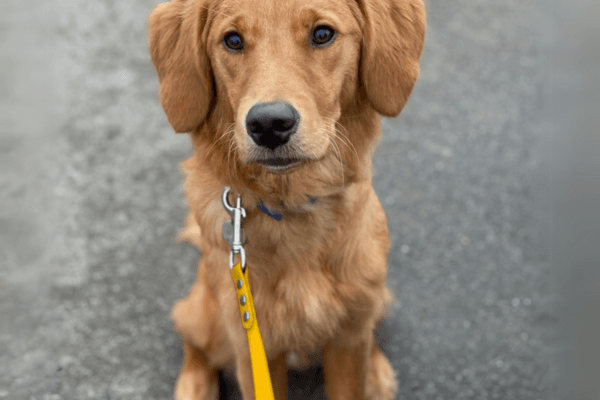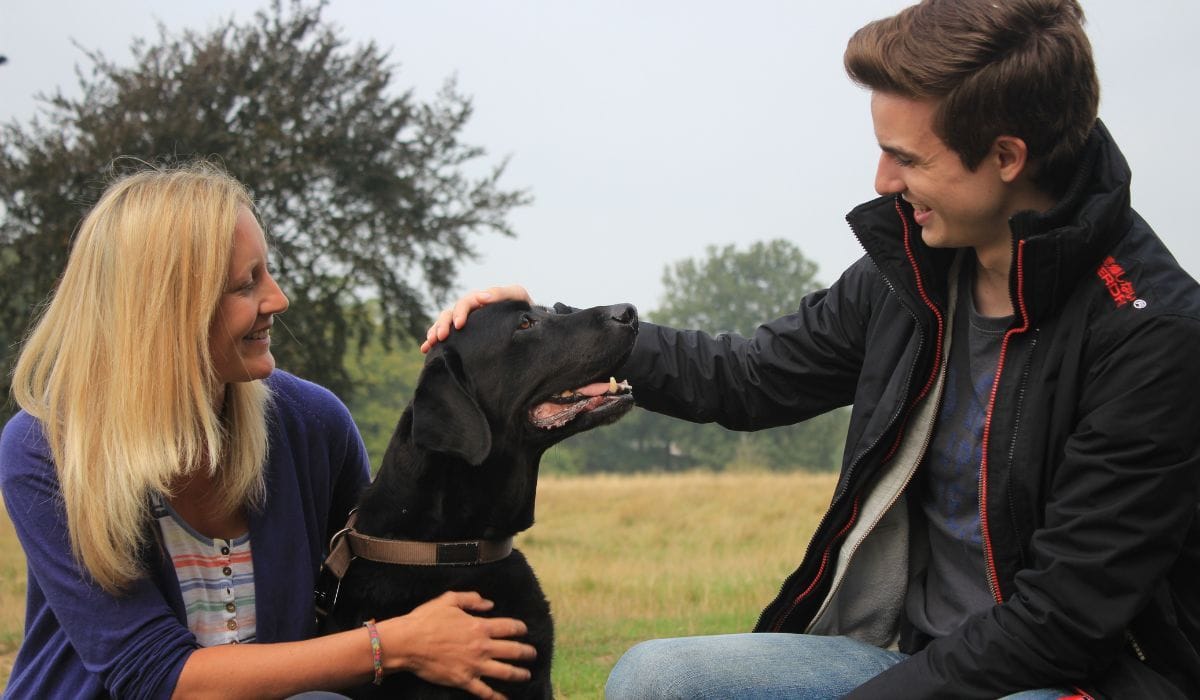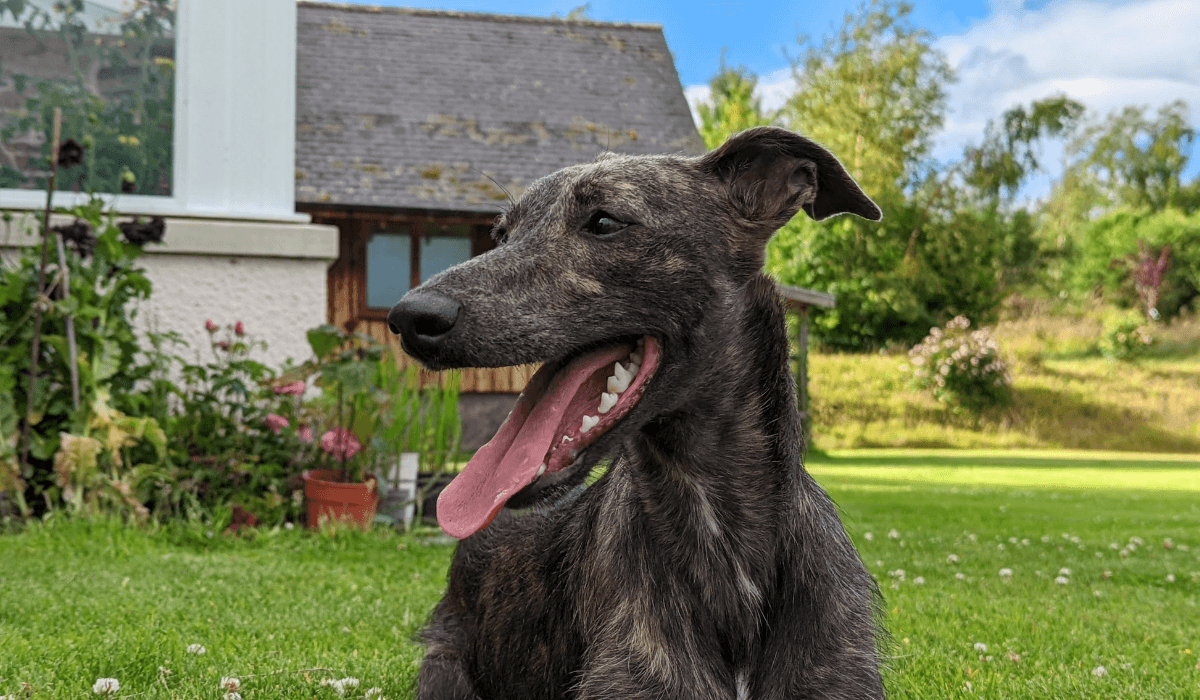Written and reviewed by Dr Jill McMaster BVM&S MBA MRCVS, Veterinary Surgeon and in-house expert at BorrowMyDoggy
How much your dog should weigh is a common question for pet parents. What is the ideal weight for my dog? Is my dog too heavy? Are they too thin? It’s important that your pooch is a healthy weight to keep them feeling pawsome! It’s also really useful to know your dog’s weight so that if it changes, then you can investigate potential health problems.
So how can you know if your dog’s weight is ok?
Summary
Why is it important to know how much my dog should weigh?
9. Cavalier King Charles Spaniel
What if my dog is overweight or underweight?

Why is it important to know how much my dog should weigh?
Knowing how much your dog should weigh is important for two reasons. Firstly, if your dog is overweight, it puts them at risk for developing health problems including heart disease, arthritis and diabetes. Secondly, if your dog is underweight, it can be a sign that they’re not getting enough to eat or are losing weight because they have an underlying health issue.
If you're not sure whether your dog is at a healthy weight or not, contact your local vet practice to book in for a weight check. Check out the map below for your local practice that provides weight check ups. They will be able to tell you whether your dog is overweight or underweight, and can give you advice on how to get your pooch in pawfect shape.
Weight check map
Do you want to be featured in this map? Visit our vets page and add your details!
How much should my dog weigh?
Every dog is different, and even within breeds there are massive ranges in what a healthy dog should weigh. So although weights should be a guide, they should not be all you rely on to see if your dog is a good weight.
1. Chihuahua
The ideal weight for a Chihuahua is between 1 and 2.5 kg.
2. Yorkshire Terrier
The ideal weight for a Yorkshire Terrier is between 2 and 4.5 kg.
3. Pomeranian
The ideal weight for a Pomeranian is between 2 and 3.5 kg.
4. Toy Poodle
The ideal weight for a Toy Poodle is between 2 and 4.5 kg.
5. Miniature Schnauzer
The ideal weight for a Miniature Schnauzer is between 5 and 8 kg.
6. Shih Tzu
The ideal weight for a Shih Tzu is between 4 and 7 kg.
7. Maltese
The ideal weight for a Maltese is between 2 and 4 kg.
8. Boston Terrier
The ideal weight for a Boston Terrier is between 6 and 11kg.
9. Cavalier King Charles Spaniel
The ideal weight for a Cavalier King Charles Spaniel is between 5 and 8 kg.
10. Beagle
The ideal weight for a Beagle is between 10 and 15 kg.
11. Cocker Spaniel
The ideal weight for a Cocker Spaniel is between 10 and 16 kg.
12. Labrador Retriever
The ideal weight for a Labrador Retriever is between 25 and 38 kg.
13. Golden Retriever
The ideal weight for a Golden Retriever is between 24 and 34 kg.
14. German Shepherd
The ideal weight for a German Shepherd is between 25 and 40 kg.
15. Boxer
The ideal weight for a Boxer is between 22 and 36 kg.

Body Condition Score
A body condition score is a number either out of 9 or 5, that animal professionals use to check if your pet is over or underweight, without using the numbers on the scales. The benefit of this kind of score is that it isn’t affected by your dog being a small or big example of a breed. Ideally you want your dog to be a 5 out of 9, or a 3 out of 5.
To work out your doggo’s score, one of the best ways is by looking at your dog and getting your hands on them (extra cuddles!).
A very general guide is that your pooch should have a nice neat waist when you look at them from the top, and a nice swoosh up from chest to belly when you look from the side.
When you get your hands on them you should be able to feel their ribs but not count them. Getting your hands on your pup to see how they feel is also super important with our very floofy friends, to see if it really is “all fluff”.

What if my dog is overweight or underweight?
A chat with your vet practice is always useful, to make sure there are no medical reasons for why your dog has an issue with their weight. If there are no health concerns, underweight dogs can often be managed by giving more high quality food, and for overweight dogs, it’s the same as us, they need to eat a bit less and exercise a bit more!
More info in the Waltham pocket book of healthy weight maintenance for dogs and cats.
This article is for information only, and should never replace any advice, diagnosis or treatment from your veterinary surgeon. Always contact your local vet or out of hours vet without delay if you have any concerns about your dog.
Dog Fitness Guides
How to start running with your dog
Best places to walk your dog in the UK
Dog friendly things to do to stay active together





